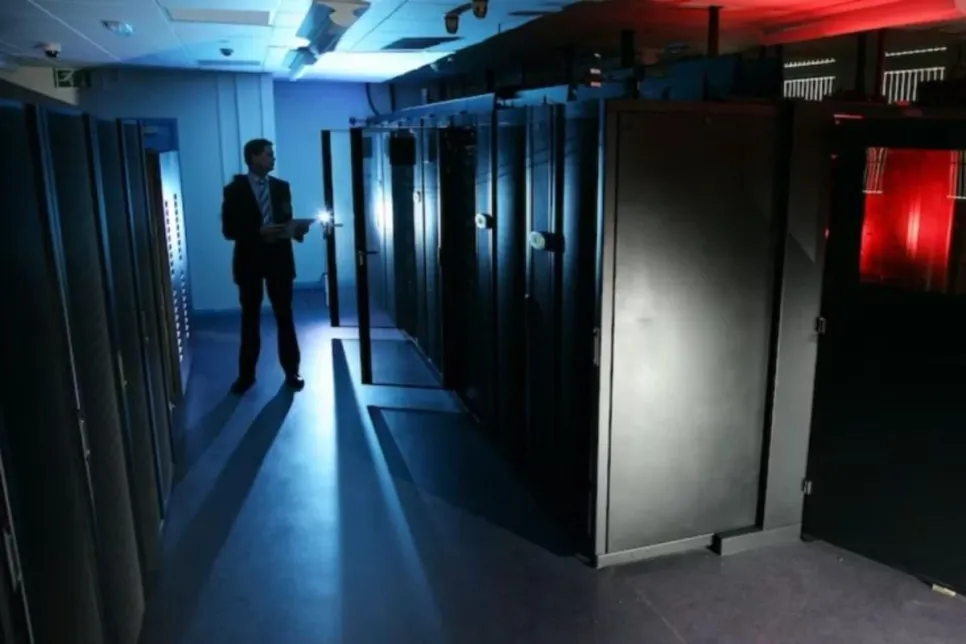Qualcomm Announces Snapdragon 8 Gen 5 Platform
Qualcomm added its latest smartphone platform to its premium-tier Snapdragon range.

The University of Cardiff’s “Advanced Research Computing @Cardiff” (ARCCA) service is now using 90 Lenovo ThinkSystem servers to boost the performance of its high-performance computing (HPC) cluster by 100%. They are helping to power groundbreaking research into the origins of the universe and star formation.
Cardiff’s high-end research computing service chose to work with Logicalis and the Lenovo ThinkSystem platform to boost the capabilities of its Hawk HPC cluster which offers access to supercomputing tools and resources to tackle complex research problems in fields as diverse as astrophysics and life sciences. Lenovo and Logicalis deliver HPC resources for two research groups at Cardiff, including one that could change our understanding of the universe, the Laser Interferometer Gravitational-Wave Observatory (LIGO) Scientific Collaboration.
For more than 15 years, ARCCA has been one of the largest HPC providers for the global research project LIGO, which aims to detect gravitational waves, ripples in space-time created by collisions between black holes. For the LIGO project, led by Stephen Fairhurst, Lenovo provided 75 Lenovo ThinkSystem SR645 servers ahead of LIGO’s fourth two-year gravitational wave detection run. The new solution doubles the compute performance available to researchers and exceeds initial performance benchmarks by ~46%, allowing researchers to process detection events and share data faster.
A second research group at Cardiff University studying star formation, led by Ana Duarte Cabral, Royal Society University Research Fellow, is to use 15 Lenovo ThinkSystem SR630 servers with two Lenovo ThinkSystem SR650 servers for storage. With the system funded by the Royal Society, the group’s research focuses on the creation of stars in spiral galaxies like our own Milky Way, requiring computationally demanding simulations of full galaxies.